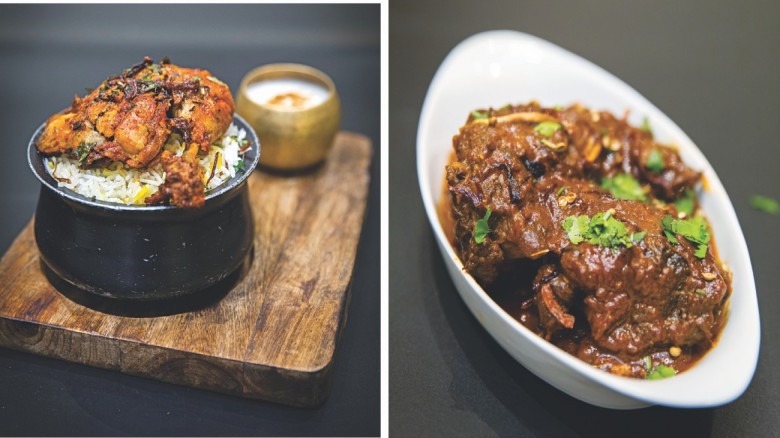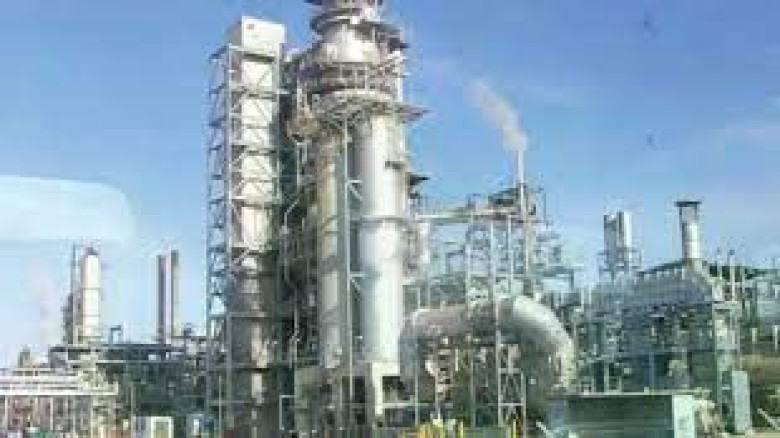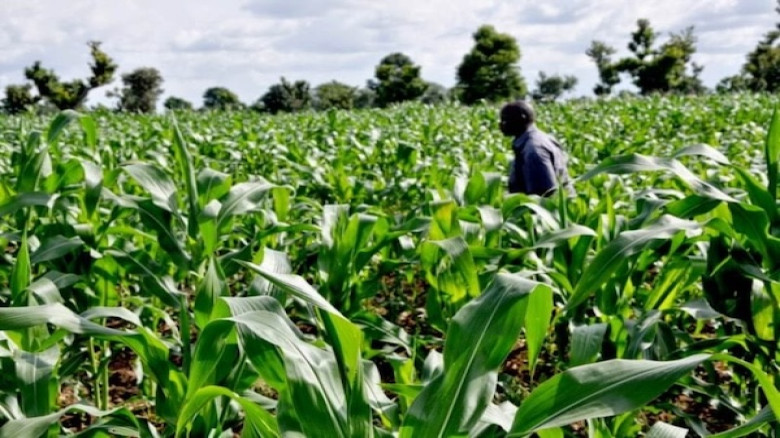Incorporating Biotech is Key to Satisfying Nigeria's Food Needs, Asserts Farmers Association Leader
The head of the Agriculture Farmers Association of Nigeria, Kabir Ibrahim, has made a decisive call to the nation's farming community to adopt advanced biotechnological methods, alongside mechanization and innovative practices, to significantly enhance Nigeria's food production capabilities. During a media briefing in the nation's capital, just before the much-awaited 'National Agricultural Show', Ibrahim underscored the pressing urgency for Nigeria's agricultural sector to scale up its productivity. This increase is vital, he said, to address the nutritional requirements of Nigeria's swiftly expanding population, projected by the UN to reach a staggering 377 million by 2050. "Attaining self-sufficiency in food in Nigeria isn't a far-fetched dream; it hinges on our willingness to integrate biotechnological advancements, mechanization, and scientific innovations into our agricultural practices," Ibrahim stated. He further addressed concerns surrounding genetically modified organisms (GMOs), acknowledging the prevalent apprehensions but ardently dispelling the myths. "Many hold unfounded fears about GMOs; however, extensive research has shown no link between GMOs and any known diseases. It is crucial to convey to our farmers the safety and the potential that biotech crops hold for our agricultural future," Ibrahim shared with attendees.Kabir Ibrahim, the leader of the Agriculture Farmers Association of Nigeria, has made a compelling case for the nation's agronomic workforce to wholeheartedly embrace biotechnology for a crucial leap in productivity. Speaking at a briefing, Ibrahim emphasized the potential of biotechnology to revolutionize farming - uplift yields, and ensure food for the burgeoning population.
"Agriculture is fundamentally a private enterprise, and while farmers remain the backbone of this industry, they rely on the government to create a favourable climate for agriculture to flourish through biotechnology," Ibrahim stated with conviction.
Ibrahim also illuminated the critical correlation between national security and food security, underscoring the importance for the government to tackle prevailing insecurity issues that hinder agricultural productivity. He pointed out that violent incidences not only disrupt market stability but also ravage the livelihoods of farmers.
This conversation occurs against a backdrop of a harrowing report from Save the Children International (SCI) which cited that over the first half of 2023, armed groups have assassinated above 128 farmers and abducted 37 in various regions across Nigeria. These alarming figures bring to the fore the stark reality of threats faced by food producers in the nation.
Kabir Ibrahim, taking the moment to expound on the National Agricultural Show, characterized the event as an essential showcase for farmers to exhibit their agricultural products and engage directly with potential buyers.
Ibrahim commented on the preparations, saying, "The agricultural showcase is just around the corner, and it's important to consider that even though large commercial farms exist, the real driving force behind our national sustenance comes from smallholder farmers. During these times of widespread food scarcity, it is these small-scale producers who need our utmost support."
Elaborating on the concept of food insufficiency, Ibrahim elucidated, "It is a scenario where people struggle to afford food, which is exacerbated by the depreciating value of the naira among other socio-economic pressures."
He continued, "Our vision has to be far-sighted when it comes to food production. Currently, we're looking at a population of around 200 million, but our agricultural strategies should be robust enough to cater to a hypothetical 300 million. Achieving food sufficiency isn't just about quantity; it's about ensuring a diverse range of nutritional foods are accessible to all segments of the population."

.jpg)























Leave A Comment